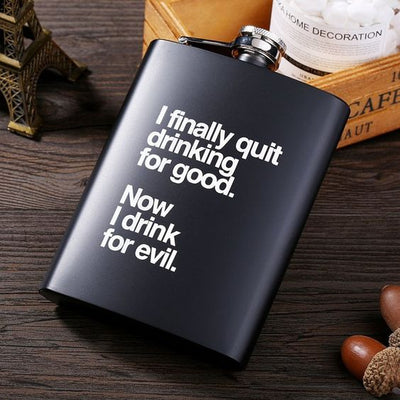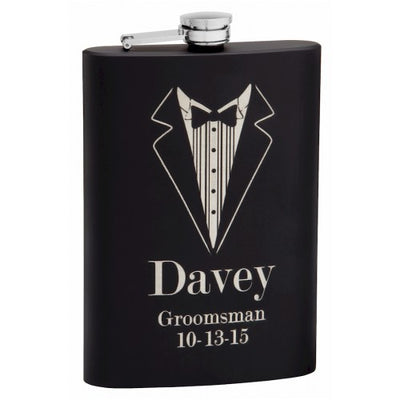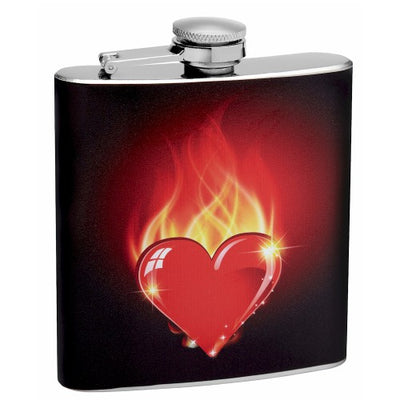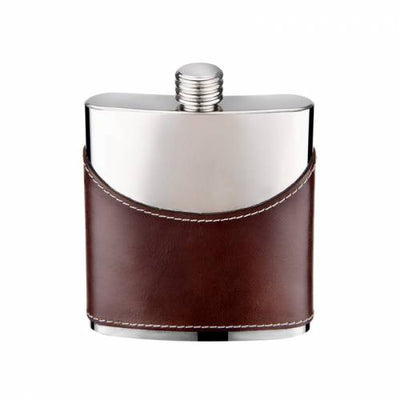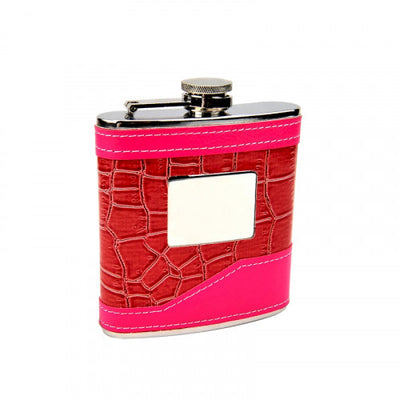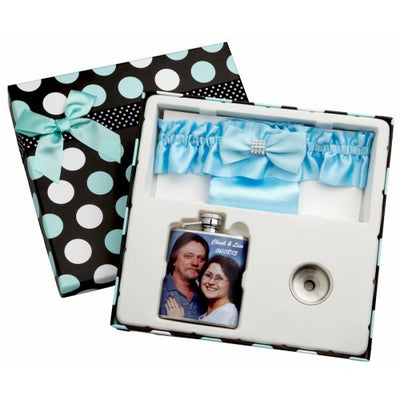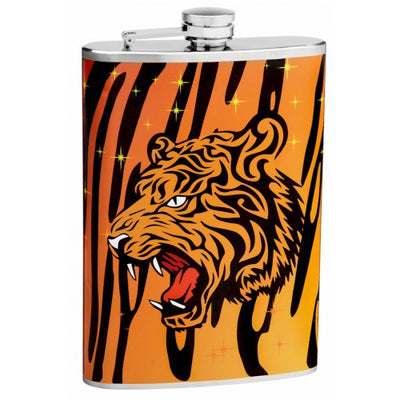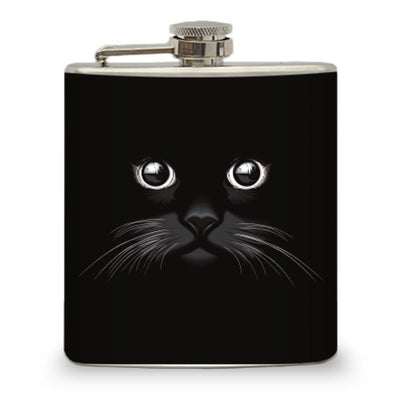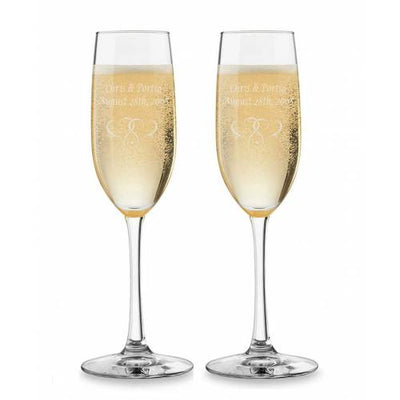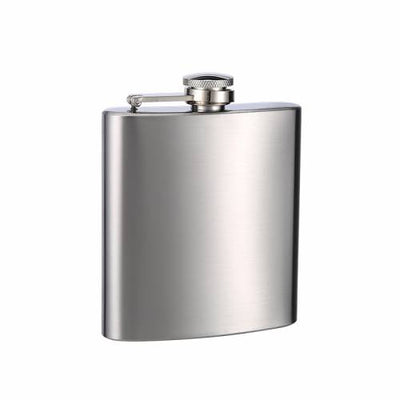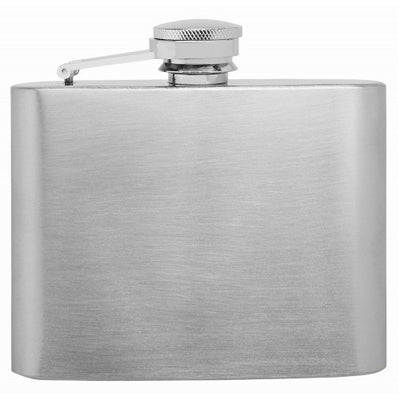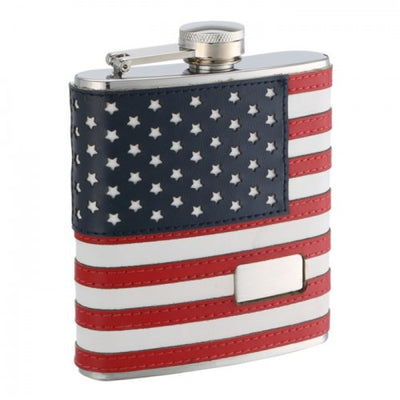[caption id="attachment_1049" align="aligncenter" width="500"]
 Ships docking to unload ""Fresh Fish and Fruit" delivers bottled drinks to men at the pier during the Prohibiton. Photo Credit: Boston Public Library[/caption]
Ships docking to unload ""Fresh Fish and Fruit" delivers bottled drinks to men at the pier during the Prohibiton. Photo Credit: Boston Public Library[/caption]Essentially, the 18th Amendment took away the business licenses from every brewer, distiller, wholesaler and retailer of alcoholic beverages throughout the United States of America in an attempt to reform an “un-respectable” segment of the population at the time. Congress actually voted its approval of this amendment in October 1919, and enacted it into law as the National Prohibition Act of 1920.
This “prohibition” put legal brewers out of business and opened the door for unintended consequences across the USA: bootlegging, gambling, prostitution, rackets, gangsters, and organized crime. All over America, illegal drinking establishments popped up, and each of these would be called a speak easy.
[caption id="attachment_1050" align="alignright" width="300"]
 Secret stash of booze during the Prohibition Era.
Secret stash of booze during the Prohibition Era.Photo Credit: Alain Hubler[/caption]
The idea of prohibition actually started long before the 18th Amendment. There was a whole prohibition movement that had strong roots that reach back before the dates of the Civil War. There was enough concern over the inappropriate use of alcohol and a temperance movement sprang up under the leadership of The Very Reverend Theobald Mathew. Then in 1893 the Anti-Saloon League was founded in Oberlin, Ohio. Soon the state chapters were organized across the country. The US Steel Corporation forbade its employees to partake of any liquor on or off duty. Henry Ford also prohibited the possession of liquor, wine or beer by people employed in his company. By 1916, 21 different states had each banned saloons.
Luckily, after all those “dry” years, the 18th Amendment was finally repealed with the passage of the 21st Amendment to the U.S. Constitution on December 5, 1933 before the 32nd president of the United States, Franklin D. Roosevelt.
So you can thank the 21st Amendment, all of those bootleggers, and secret saloon owners who kept the culture alive through such a long, dark period for alcohol enthusiast nationwide!
Cheers!

